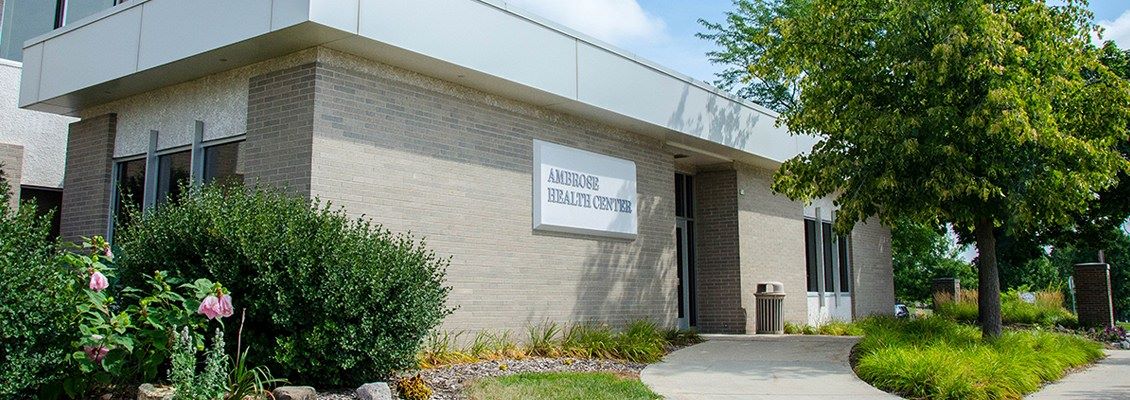Grief and Loss
Wellness Information
UHCS Services
UHCS counselors are trained and ready to help anyone discuss concerns related to grief and loss. You can make an appointment by calling (262)472-1305 or in person on the second floor of the Ambrose Health Center. Also, as these issues can be initially overwhelming, you can schedule a same day, "emergency" appointment. UHCS also offers groups where it can be highly beneficial to discuss grief and loss issues amongst peers.
Overview
First of all, it's important to understand that "grief and loss" is not the sole domain of experiencing the death of someone. Grief and loss issues can arise from many different situations: Loss of a loved one, break-up of a romantic relationship, estrangement, loss of a job, loss of an important life role, your own health, etc.
Even more importantly, you should know that there is no one single "right way" to feel about a loss. Initially, someone may feel overwhelmed and be crying, someone else might be numb or shocked, and for yet another it may feel like nothing different at all. And guess what? That's all just fine! Don't worry if how you feel isn't the same as a friend, a family member, or even the same way as you felt about a different loss. Each experience is unique and personal.
You may have heard of the "5 Stages of Grief" (Denial, Anger, Bargaining, Depression, and Acceptance). While that is a common model, please know that people do not experience those steps in order, and sometimes one does not feel all of those things. Common symptoms associated with grief include poor sleep, thinking about the person constantly, irritability, loss of motivation, questioning life, and many other things.
A very common question is "how long will I feel this way?" It's a normal thought, but alas this too has no perfect answer. Grief and sadness can show up in many different ways and time. You may feel like you're on an emotional roller coaster at times. Anniversaries, birthdays, and holidays without the person who died are common trigger times which can occur for many years after the loss. You may just randomly feel sad and miss your grandmother one day. You're not doing anything wrong.
Most people will go through their grief process and return to "normal" functioning with few problems. Yet, there can be times when grief causes significant interference over time, known as "complicated grief." It can be that for long periods of time we cannot function the way we used to. You may experience depression and become withdrawn. That's an especially good time to consider counseling.
Here are some immediate tips for dealing with grief and loss:
- Use your support system. Talk to friends and family, or anybody you feel is support.
- Take good care of yourself-Sometimes missing a day or two of class is more important to the healing process than feeling like we should be there. Communicate with your professors! Don't wait two months to tell them what happened... ask for an extension, to take a test a different day, etc. It never hurts to ask.
- Allow yourself to feel whatever you feel. Don't limit yourself.
- Trust your instincts. You know how to take care of yourself.
- Don't be afraid to talk about it or write. Call us, call a friend, call somebody.
Resources
Disclaimer
All information on this website is written by UHCS professional staff unless otherwise noted. No data is collected on visitors to this site. Financial Support for this web site is provided by University Health & Counseling Service, Division of Student Affairs, University of Wisconsin-Whitewater. This web site does not accept advertising.
This site is not meant to replace the advice of a health care or counseling professional. You should not rely on any information on these pages, or information generated for you by this site, to replace consultations with qualified professionals regarding your own specific situation. Some links take you to a source outside of UHCS. The owners of that site, not UHCS, are responsible for the content.



